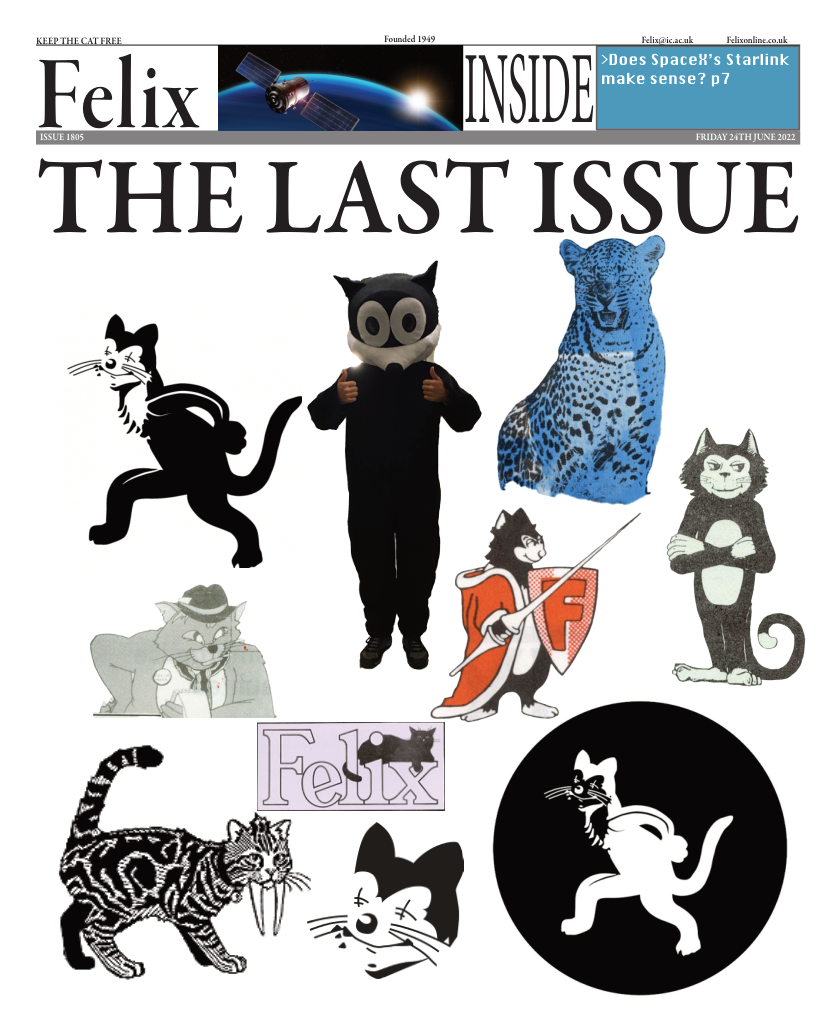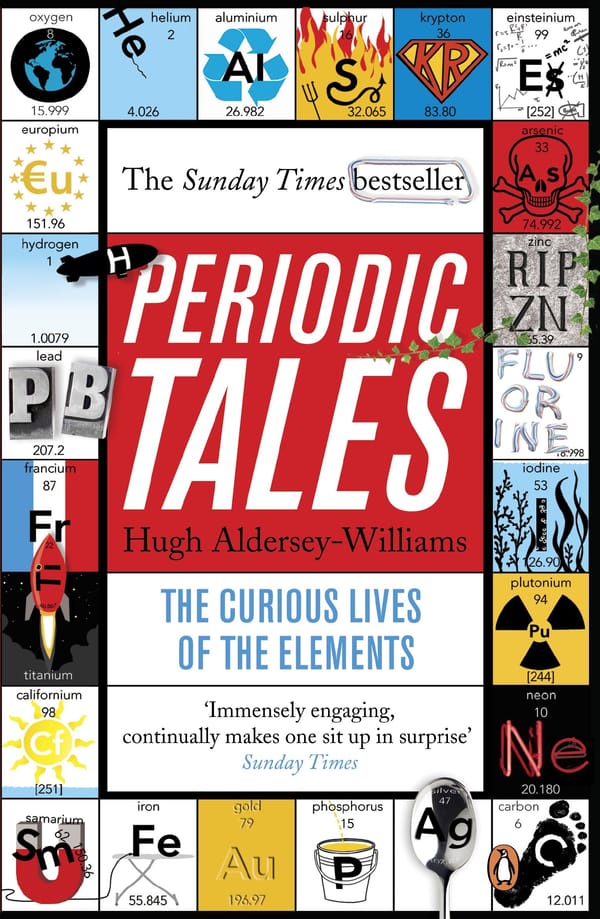The Emigrants: Distant Voices, Still Lives
The narratives of several people displaced by the World Wars as a Berlin Literature Prize-winning novel

WG Sebald’s style of prose, despite being quaint and even accessible on a sentence-by-sentence basis, is wholly unique. His novels often consist of a series of seemingly unconnected narratives framed through the recollections of the narrator. However, once these novels are finished, the precision and deliberation with which he structures these narratives becomes more than apparent to the reader. Often dealing with themes of decay, memory, nostalgia, and the event of the Holocaust, a profound melancholy seeps in ever so slowly throughout the texts. The cumulative effect of this - almost unnoticeable at first due to Sebald’s steady, restrained flow of prose, eventually produces moments of pathos, though not through the typical methods of plot or punchline.
The Emigrants starts off with our narrator, having just arrived in Norwich, searching for a place to live with his wife. The Norwich of 1970 that is presented here appears deserted, with empty marketplaces, graveyards overgrown with foliage, and his house-to-be being hidden behind a wall of laurel. ‘In silence we gazed at this view, which drew the eye into the distance as it fell and rose in stages, and we looked for a long time, supposing ourselves quite alone, till we noticed a motionless figure lying in the shade cast on the lawn by a lofty cedar in the southwest corner of the garden’.
And so, we are introduced to the first of our four protagonists: Dr Henry Selwyn, a Jewish veteran of the Great War who is now living in England, estranged from his wife. Through the various encounters our narrator has with Selwyn, we find him to be a man disillusioned and withdrawn. He no longer plays tennis, his great passion, he says, as the court has fallen into disrepair. His kitchen gardens are similarly dilapidated, as are the Victorian greenhouses, tumbled down and overgrown with fruit trees. ‘More and more, he said, he sensed that Nature itself was groaning and collapsing beneath the burden we placed upon it’. Later, we learn that Selwyn had emigrated from Lithuania at the age of seven. As he reminisces about ‘the high seas, the trail of smoke, the distant greyness, the lifting and falling of the ship, the fear and hope within us, all of it’, the source of Selwyn’s malaise makes itself evident.
As we move on from Selwyn, the narrator recalls the lives of his other protagonists; a teacher from his childhood, an aviator’s companion, and a German-Jewish painter sent to Manchester by his parents before the Second World War. The final story, focusing on the painter - Max Ferber - shares the elegiac tone of the others, depicting post-war Manchester to be in bleak, terminal decline. Ferber, whom the narrator encounters twice, two decades apart, shows that same stagnation, as he is unable to finish his own paintings, repeatedly scratching off and reapplying paint. In the latter stages of the section, the narrator is handed a letter that Ferber’s mother had written to him before sending him off. It contains a depiction of an idyllic Bavarian life, that his mother must have led in her own youth. Though initially acting as a quiet form of respite from the enveloping moroseness, it is the context of the letter and knowledge of what is to come for its characters that exposes the true themes and emotional core of the novel, that is, the trauma afflicted to those dislocated by the World Wars, and their consequent feelings of alienation and disembodied nostalgia.









